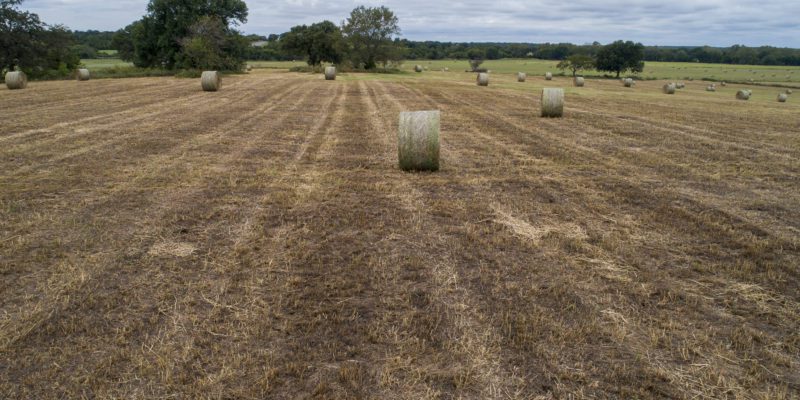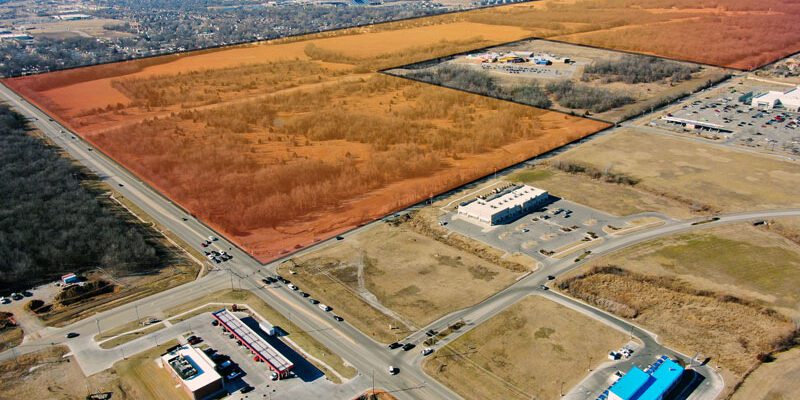Purchasing recreational land for hunting can be an excellent investment, offering both a retreat from urban life and a potential source of income. However, to make the most of this investment and avoid financial pitfalls, there are several crucial factors hunters should consider before making a purchase. Here’s a guide to help you navigate the process and ensure your investment is sound.
Understand Your Objectives
Define Your Purpose: Are you buying the land primarily for hunting, or are there other recreational activities you’re interested in, such as fishing, hiking, or camping? Clarifying your primary objectives will guide your decision-making process and help you prioritize the features you need in the land.
Investment Goals: Consider whether you view this purchase purely for personal use or as a financial investment. If it’s the latter, think about the potential for future appreciation, leasing opportunities, and other revenue streams.
Evaluate the Land’s Hunting Potential
Wildlife Habitat: Assess the quality and diversity of the habitat. Look for areas with ample food sources, water, and cover. Diverse habitats that support various species will enhance your hunting experience and the land’s value.
Game Species: Identify the types of game present on the land. Research local wildlife populations and hunting regulations to ensure the species you’re interested in are abundant and legally huntable.
Property Size and Layout: Larger properties generally support more wildlife and provide a better hunting experience. However, the layout is equally important. Look for natural funnels, water sources, and areas that offer good vantage points for hunting.
Identify Potential Off-Season Revenue-Generating Opportunities
Owning hunting land can offer several passive income-producing opportunities beyond hunting that don’t interfere with habitat management or hunting activity and may even help secure your land with year-round activity. For some this is a very attractive way to pursue a passion for the outdoors while offsetting costs associated with owning and maintaining large plots of land.
Conservation Programs: Enroll in government conservation programs that provide financial incentives for preserving wildlife habitats, wetlands, or other natural resources.
Agricultural Leasing: Lease portions of the land to local farmers for growing crops or grazing livestock. This can provide a steady income stream while keeping the land productive.
Timber Sales: If the land has a substantial volume of mature trees, they can be harvested and sold. Sustainable forestry practices can provide ongoing income while maintaining the health of the forest.
Fishing Leases: If the property includes ponds, lakes, or streams, consider leasing access to fishermen. Stocking the water bodies with fish can enhance this offering.
Short-Term Rentals: There are a host of apps ready to help you generate revenue by opening your land to visitors looking to park their RV, pitch a tent, treat themselves to a glamping experience, or have a family vacation in a cozy cabin. Short-term rentals may require a bit more effort but most apps make it easy to control when and how people use your land.
Solar or Wind Energy: If the location is suitable, lease parts of the land for solar panels or wind turbines. Renewable energy projects can provide long-term, passive income.
Legal and Zoning Considerations
Zoning Laws: Verify the zoning regulations for the property. Some areas may have restrictions on hunting or other recreational activities.
Access Rights: Ensure there is legal access to the property. If the land is landlocked, you may need to negotiate easements with neighboring property owners, which can be costly and complicated.
Conservation Easements: Check if the property is subject to any conservation easements. Are there any protected species or wetlands on the property? Familiarize yourself with any regulations or restrictions that may impact your ability to develop the land. While these can be beneficial in preserving the land, they may also restrict certain activities, including hunting and development.
Financial Considerations
Budget and Financing: Determine your budget, including not just the purchase price but also ongoing costs such as property taxes, maintenance, and improvements. Explore financing options and ensure you can comfortably meet the financial obligations.
Market Trends: Research current market trends in the area. Land values can fluctuate based on various factors, including economic conditions and changes in local regulations.
Income Potential: Consider potential income streams from the land, such as leasing it to other hunters, offering guided hunts, or timber sales. These can help offset the costs of ownership and even provide a profit.
Land Improvements and Management
Necessary Improvements: Assess what improvements may be needed to maximize the land’s hunting potential. This could include building access roads, creating food plots, or installing blinds and stands.
Land Management: Effective land management practices can enhance wildlife habitat and increase the land’s value. Consider hiring a professional land manager or wildlife biologist to develop and implement a management plan.
Environmental, Physical, & Infrastructure Factors
Water Sources: Presence of water bodies like ponds, streams, or lakes can significantly enhance the property’s attractiveness to wildlife and its overall value.
Soil Quality: Good soil quality is essential for maintaining healthy food plots and supporting diverse plant life. Conduct a soil test to understand its composition and fertility.
Topography and Accessibility: Consider the topography of the land. Steeper terrain can be challenging to navigate but may offer excellent vantage points for hunting. Ensure the property is accessible year-round, especially if it’s in a remote area.
Utilities and Infrastructure: When purchasing hunting land, utilities and infrastructure play a crucial role in ensuring the property meets your needs and can support your intended activities. This includes: Water, electric, gas, waste disposal, roads, communications, buildings and fencing. You’ll need to access what you need, what exists, and what improvements will need to be made for your intended uses. One often-overlooked resource is access to emergency services.
Consult Professionals
Real Estate Agent: Work with a real estate agent who specializes in recreational land. They can provide valuable insights and help you find properties that meet your criteria.
Legal Advisor: Consult with a legal advisor to ensure all contracts and agreements are in order and to understand the implications of any legal restrictions on the land.
Financial Advisor: A financial advisor can help you understand the long-term financial implications of your purchase and how it fits into your overall investment strategy.
Conclusion
Recreational land can be a fulfilling and worthwhile investment that rewards you and your family for generations. Purchasing recreational land for hunting is a significant investment that requires careful consideration and planning. By understanding your objectives, evaluating the land’s potential, considering legal and financial factors, and seeking professional advice, you can make a well-informed decision that maximizes your investment and provides years of enjoyment. Take the time to thoroughly research and evaluate each aspect of your potential purchase to safeguard against financial mistakes and ensure a successful investment.









